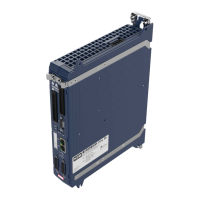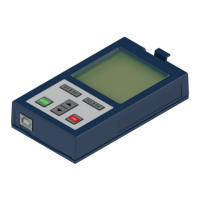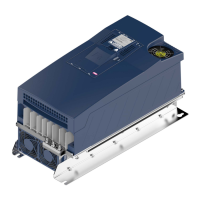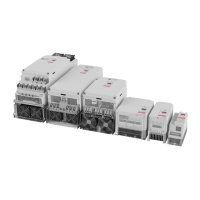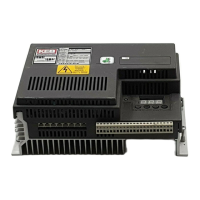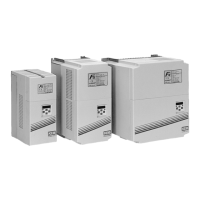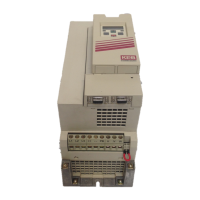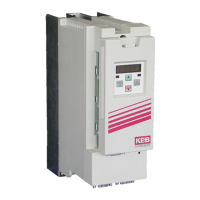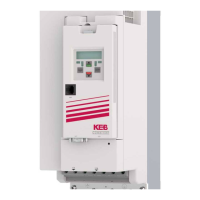The following encoder types are defined in ec17:
Detection is running
Only for encoders that (could) have a zero signal.
The value changes to the detected encoder type, if the encoder has been moved
one complete revolution with two zero signals.
In this case, the traversed zero signals and the covered periods per revolutions
are monitored and checked with the setting in ec29.
Detected encoder is not supported
TTL / HTL without zero signal
TTL / HTL with zero signal
Sine/cosine without absolute track without zero signal
Sine/cosine without absolute track with zero signal
Sine/cosine with absolute track without zero signal
Sine/cosine with absolute track with zero signal
only 1Vpp signals were detected, but digital communication is not possible
Endat 2.1 without 1Vpp, singleturn
Endat 2.1 with 1Vpp, singleturn
Endat 2.1 without 1Vpp, multiturn
Endat 2.1 with 1Vpp, multiturn
Endat 2.1 ohne 1Vpp, linear
Endat 2.1 mit 1Vpp, linear
Endat 2.2 without 1Vpp, singleturn
Endat 2.2 with 1Vpp, singleturn
Endat 2.2 without 1Vpp, multiturn
Endat 2.2 with 1Vpp, multiturn
Endat 2.2 without 1Vpp, linear
Endat 2.2 with 1Vpp, linear
EnDat 2.2 without 1Vpp, battery-buffered multiturn
EnDat 2.2 with 1Vpp, battery-buffered multiturn
Hiperface not supported type
Hiperface SCS 50/60 singleturn
Hiperface SCM 50/60 multiturn
Hiperface SRS 50/60 singleturn
Hiperface SRM 50/60 multiturn
Hiperface SKS 36 singleturn
Hiperface SKM 36 multiturn
Hiperface SEK 37/52 singleturn
Hiperface encoder with extended nameplate 0xFF
Hiperface without 1Vpp signals
Hiperface TTK70 (must be calibrated)
Hiperface SEL 37/52 multiturn
BiSS mode C singleturn unidirectional without el. nameplate
BiSS mode C multiturn unidirectional without el. nameplate
